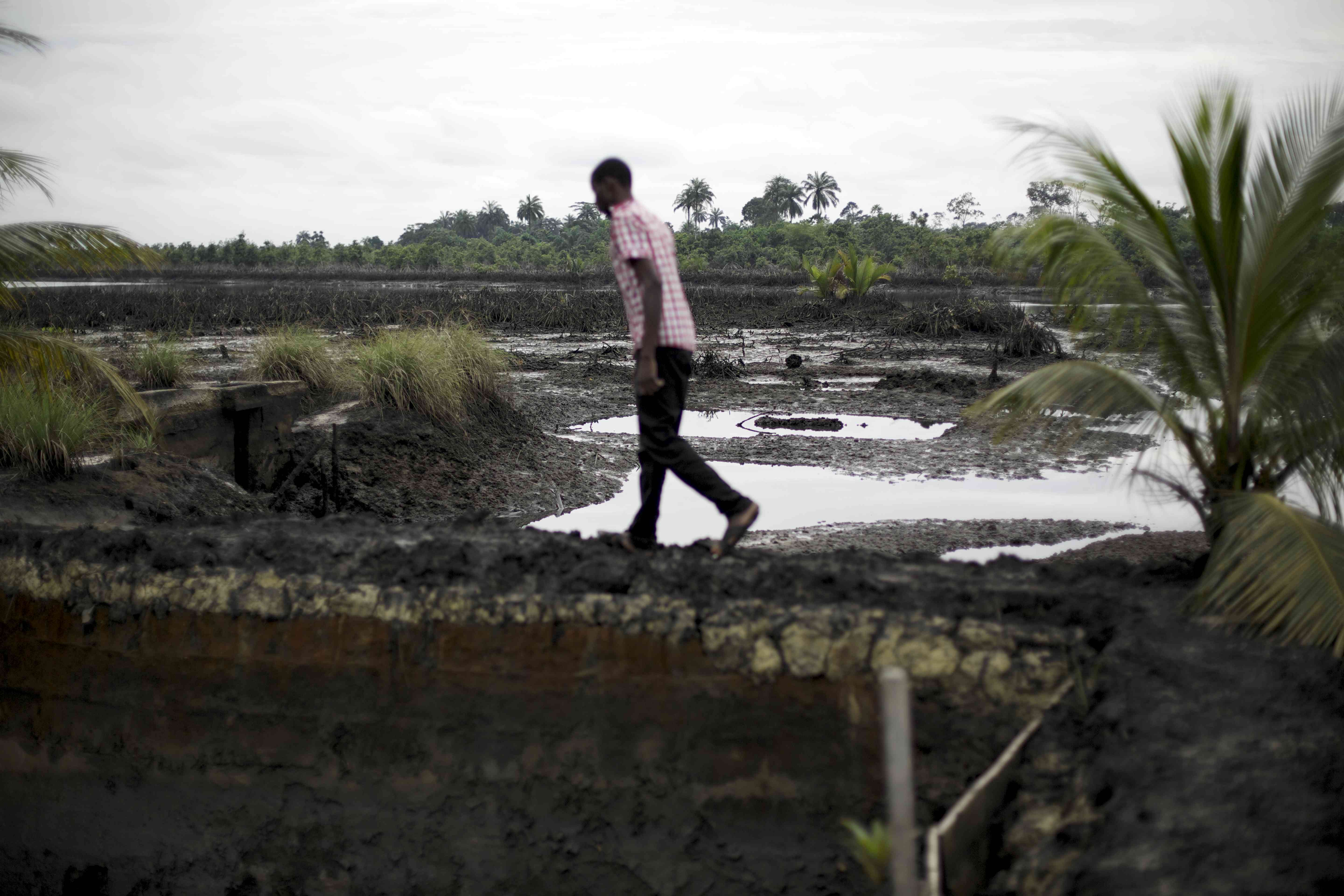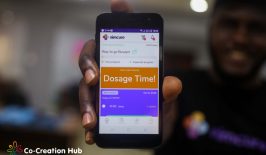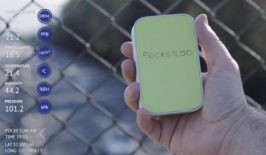Nigeria produces around 2.5 million barrels of oil a day, around 60% of which is pumped from the region of the Niger Delta – a 70,000 square kilometer (27,000 square mile) area that makes up only 7.5% of Nigeria’s landmass.
This production is a vital revenue stream for the Nigerian state, accounting for almost all of its export earnings. However, the concentration of usually small, disorganised oil fields and refineries in a diverse and fragile ecosystem has lead to major ecological damage.
In 2016, the Nigerian government instigated a USD one billion clean-up operation, however this has been hampered by inactivity, corruption and a lack of security in the region. Faced with this, Chinyere Nnadi, a Nigerian entrepreneur based in the United States, founded Sustainability International to try and find an effective solution to decontamination.
Cleaning Up the Delta With Oil-Killing Bacteria
Nnadi’s concept follows on from research carried out by his mother, Dr Fidelia Nnadi, at the University of Central Florida School of Engineering. Her team has developed Bioclean, a organic, non-toxic, bacteria-based technology that can clean areas of oil contamination in only around 30 days. The solution uses multiple enzyme compounds and dual action nonpathogenic bacteria to destroy the hydrocarbons of the oil at a molecular level – essentially ‘killing’ the oil and leaving behind nutrients that help restore the area further.
Bioclean has already seen results in the field, having been used in 2012 to clean up the Colombian village of Chinácota, following a spill in the area.
However, cleaning up the oil spills is only half the challenge. Institutional corruption in Nigeria also greatly hampers clean-up operations, with a lack of transparency and trust between actors delaying decontamination operations and rendering them ineffective. To combat this, Nnadi has also introduced blockchain to the region, in the form of Sela Labs.
Established in 2017 and backed by the Brooklyn-based blockchain venture studio ConsenSys and its Blockchain for Social Impact Coalition, Sela Labs aims to use cryptocurrencies and the power of blockchain to improve accountability in the Niger Delta. Through Sela, a distributed digital ledger is created, which creates a transparent, indisputable record of payments. Armed with information, Sustainability International and its partners can combat corruption and ensure the money goes to where it is needed to be effective.
In 2011, a UN report stated it would likely take around 30 years to clean up the Niger Delta’s oil contamination. Bioclean could potentially speed up this process, with Sustainability International stating that it would not only clean up the environment, but also provide employment for locals, increasing security in the region. Additionally, Bioclean claims their bacteria-based solution does not come with the health concerns associated with other oil-scrubbing agents, such as Corexit – a substance used in vast quantities during the 2010 Deepwater Horizon oil spill.
Sustainability International plans to approach the decontamination in a systematic fashion, cleaning one village at the time across the Delta. It trialled its bitcoin-backed system at the village of K-Dere last year and plans to roll out its operations across the delta in May.
How Much Oil is Spilled in the Niger Delta?
Between 1976 and 2014, the Journal of Health and Pollution counted more than 12,000 oil spill incidents in Nigeria – the majority of which occurred within the delta. Oil tanker breakdowns and pipe corrosion were the cause of most leaks, however sabotage by militant groups and oil theft from locals have also contributed.
All told, this has resulted in an oil emergency in the Niger Delta, with the area’s important mangrove swamps being particularly susceptible to oil contamination (pictured above). In the last 50 years, around 10% of these swamps – which form the basis of the entire ecosystem and local income – have been lost.
The impact on the environment has also lead to human deaths. A World Health Organization report stated that drinking water in the Niger Delta had 900 times the recommended benzene levels, resulting in a situation where inhabitants of the Niger Delta are 24 percent more susceptible to malnutrition and infant death than the rest of the country.






